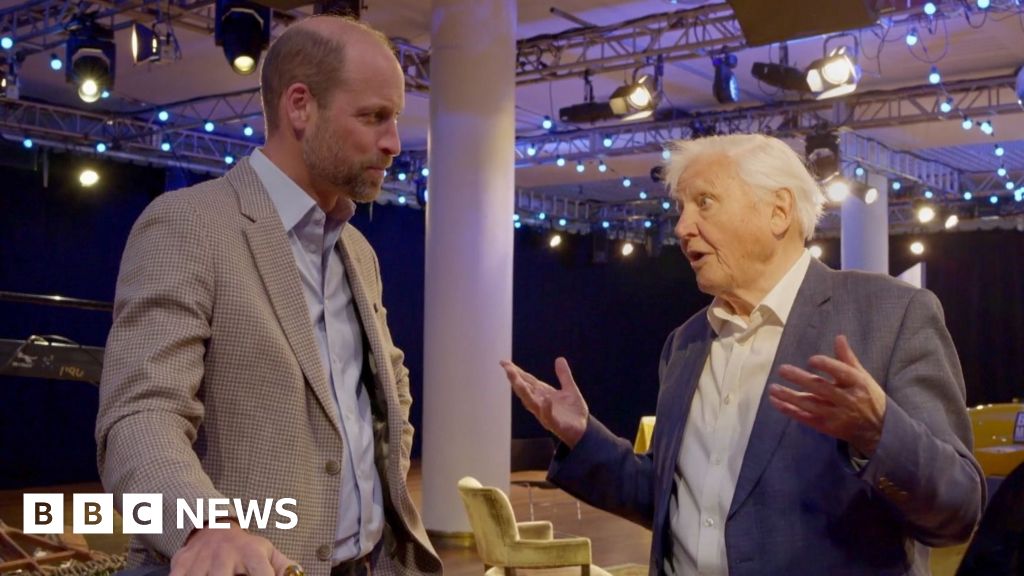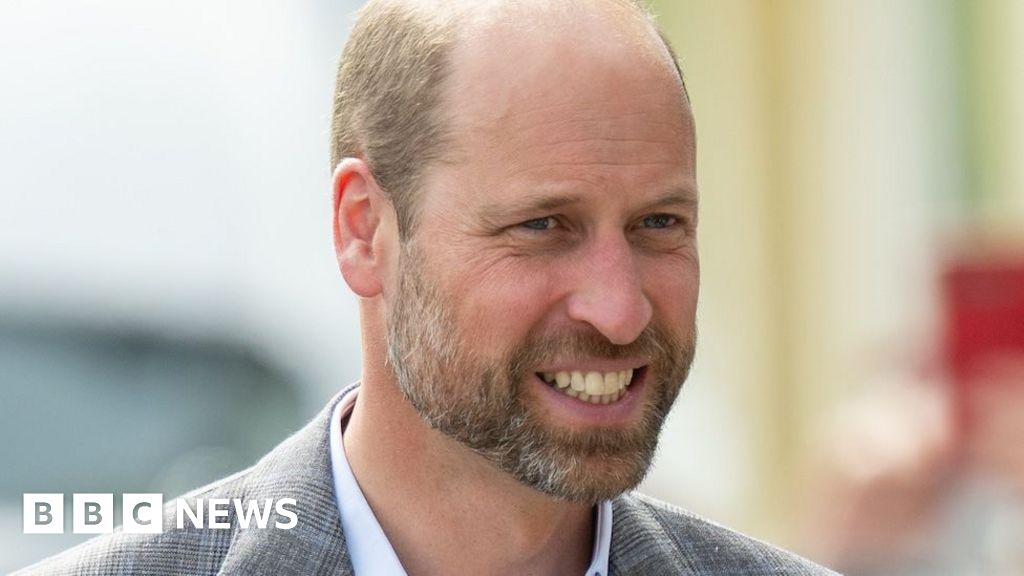ARTICLE AD BOX
By Katie Wright
BBC News
image sourceGetty Images
image captionThe Ratcliffe-on-Soar power station in Nottinghamshire is one of Britain's two remaining coal-fired power stationsCoal needs to be consigned to history to limit global warming, says PM Boris Johnson, describing a UN report on climate change as "sobering".
He said the world must shift to clean energy and provide finance to help countries at risk from changing climates.
The landmark study found it was "unequivocal" that human activity was responsible for global warming.
Green campaigners said the UK must halt planned new fossil fuel projects.
Despite the call to end the use of coal, the UK is considering plans for a new coking coal mine in Cumbria, as well as proposals to tap a new oil field near Shetland.
The report by the Intergovernmental Panel on Climate Change (IPCC) - the UN group on the science of climate change - said climate change was already here and causing chaos in some places.
Its authors said some of the changes, including rising sea levels, would not be reversed for hundreds or maybe thousands of years.
The publication comes less than three months before the UK hosts a key climate summit, known as COP26, in Glasgow.
Mr Johnson said: "Today's report makes for sobering reading, and it is clear that the next decade is going to be pivotal to securing the future of our planet.
"We know what must be done to limit global warming - consign coal to history and shift to clean energy sources, protect nature and provide climate finance for countries on the frontline."
The UK government, which has adopted a 2035 deadline for a 78% emissions cut, is due to publish its strategy on cutting UK emissions to zero overall by 2050 this autumn.
Net zero means cutting carbon emissions as far as possible then balancing out any remaining releases, for example by tree planting.
"The UK is leading the way, decarbonising our economy faster than any country in the G20 over the last two decades," the prime minister said.
"I hope today's IPCC report will be a wake-up call for the world to take action now, before we meet in Glasgow in November for the critical COP26 summit."
The UK has already drastically reduced the use of coal, with consumption falling from 61 million tonnes in 2013 to eight million tonnes last year. But the country remains dependent on other fossil fuels such as natural gas, which provides most home heating and about 40% of electricity.
The Climate Change Committee, the UK's independent adviser on tackling global warming, says the UK has adequate policies for only two of 21 key areas in eliminating carbon emissions.
The government faces challenges both on the international stage and closer to home.
The biggest will be to persuade the international community to sign up to meaningful measures in Glasgow at COP26.
Some 70% of the world's economy has signed up to a net zero target - ministers want that to be higher. They are looking at the G20 in particular to drive change.
At home, an increasing number of Tory MPs are worried about the cost of the UK's own targets.
Will the infrastructure be in place to support the mass use of electric cars? Who will pay for more expensive boilers in homes?
Answering some of those concerns won't be easy.
The Treasury is said to be aware of the need to avoid "extortionate costs" for low-income families.
Ministers want to bring costs down through investment, incentives and mass production.
But the specifics will matter to our pockets and our politics.
The report said the world would reach or exceed temperature rises of 1.5C - seen as a threshold beyond which the worst impacts of global warming will be felt - over the next two decades.
Almost every nation on Earth signed up to the goals of the Paris climate agreement in 2015, which aims to keep the rise in global temperatures well below 2C this century and to pursue efforts to keep it under 1.5C.
Alok Sharma, COP26 president, said one of the key messages of the report was that "the future is not yet written" and 1.5C was still an achievable goal, although retreating fast.
He said based on the conversations he had had, there was "a clear desire" among governments to "keep the 1.5C within reach".
But he said far more was needed in terms of action, adding "the cost of inaction on climate change is far greater than the cost of action".
Labour leader Sir Keir Starmer said the report confirmed that the extreme weather events in recent months were "only going to become more frequent" and urgent action was needed.
"The biggest threat we now face is not climate denial but climate delay," he said. "Those who, like our prime minister, acknowledge there is a problem, but simply don't have the scale of ambition required to match the moment.
"Our communities and planet can no longer afford the inaction of this government, who are failing to treat the crisis with the seriousness it deserves."
Labour wants to see a £30bn investment in low-carbon industry to support 400,000 jobs.
Scotland's First Minister Nicola Sturgeon told ITV's Good Morning Britain she would be writing to the prime minister to encourage more co-operation between the devolved UK governments in light of the IPCC publication, which she described as "a grim wake-up call".
But climate campaigners, Scottish Greens and Scottish Labour have called on her to oppose plans to extract more fossil fuels from the Cambo oil field near Shetland, which they said would result in the release of an estimated 135 million extra tonnes of carbon in its lifetime.
The SNP has maintained that the issue is solely a matter for the UK government.
The UK government also faced criticism after initially opting not to intervene in a company's plans for a new coking coal mine in Cumbria. It later reversed the decision and a minister will have the final say on the project, after a public inquiry is held next month.
Friends of the Earth climate campaigner Tony Bosworth said the prime minister's pledge to consign coal to history "should mean all coal" and the prime minister must make clear the mine will not be allowed.
Lib Dem leader Sir Ed Davey said that as hosts of COP26, the UK needs to lead the world in tackling the climate crisis but "Boris Johnson's dither and delay is costing us time we cannot afford, with drastic consequences".
Green Party Deputy Leader Amelia Womack said "this must be the moment the government finally realises we are in an emergency", urging the introduction of a global carbon tax as "the most powerful way of rapidly eliminating fossil fuels".
Climate scientist Dr Michael Byrne, a contributing author to the report, said the study was "particularly significant" as it was the first to link extreme weather events to human activities.
"That evidence was inconclusive back in 2013, at the time of the previous IPCC report; now it's irrefutable."
He said to slow and stop global warming, emissions of greenhouse gases needed to be "rapidly reduced" to net zero, but he added: "The UK and Scottish targets of net zero by 2050 and 2045 are not fast enough, we have to be more ambitious.
"Let's hope our political leaders, as they gear up to COP26 in Glasgow this November, take heed."

 3 years ago
162
3 years ago
162








 English (US) ·
English (US) ·